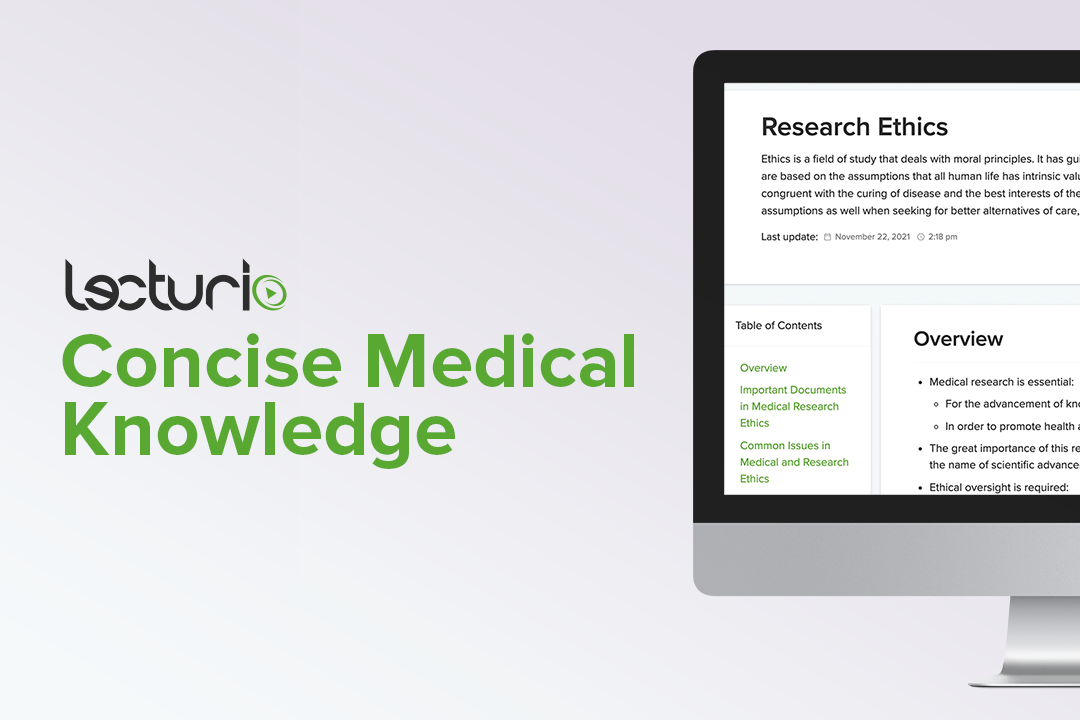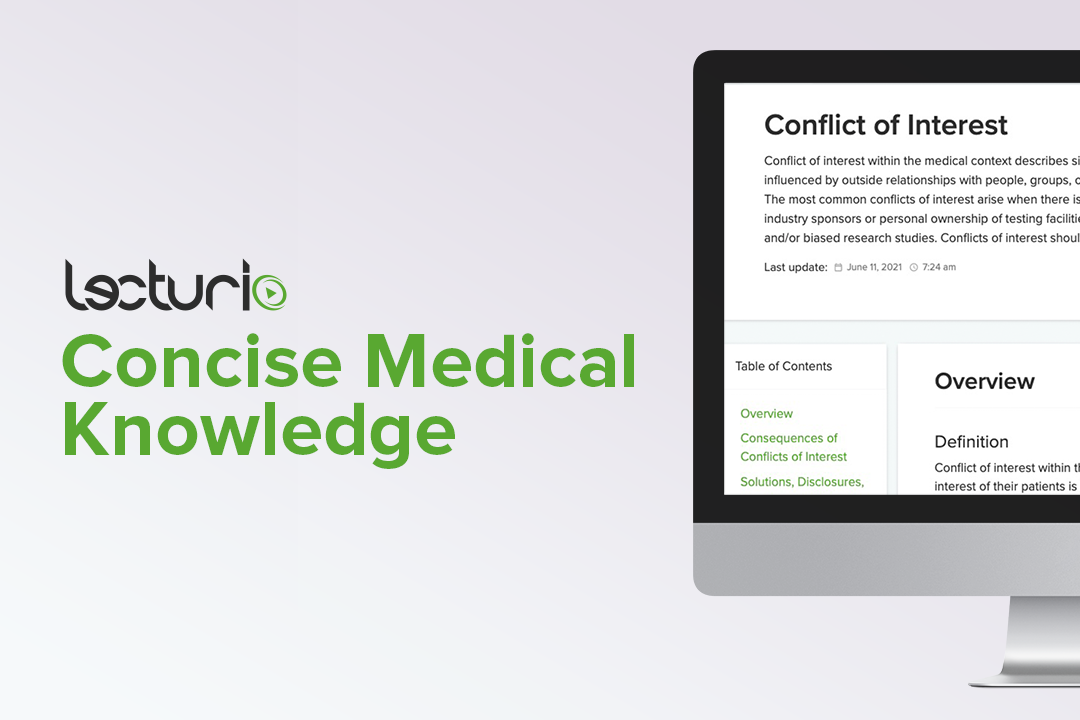Playlist
Show Playlist
Hide Playlist
Independent Ethical Review of Clinical Research
-
Slides Independent Ethical Review of Clinical Research.pdf
-
Download Lecture Overview
00:01 One safeguard in the whole system of clinical investigation is having independent review. 00:08 And so, often this is going to occur at an institution called an institutional review board. 00:14 This is a group of individuals that generally unaffiliated with the clinical research, and they have a range of expertise. 00:21 There'll be people that have scientific expertise, there might be statisticians, there might be representatives that have expertise in ethics or the law. 00:30 And there's also going to be community representation, so offering a lay perspective. 00:35 This board meets, reviews protocols, uses their expertise to decide, is this research worth pursuing? Is this something that we need to change the research design, encourage the researchers to modify things? So that the rights and interests of the research subject are protected. 00:53 The independent review is also a means to make sure there's minimization of the impact of conflicts of interest. 01:00 Some institution will actually have a separate board for Conflict of Interest Committee where they will review whether there are any personal interests of the investigator that need to be managed whether its financial or other interests. 01:14 The independent review is also a means to make sure that there's social accountability to ensure that the human subjects that are enrolled are being treated ethically. 01:23 So it's an independent party looking in and saying, we don't want anybody to be exploited or taken advantage of their vulnerabilities. 01:32 This independent review is a means to accomplish that. 01:36 Generally, when there's going to be independent review, they're going to be a few things that they will do. 01:41 They'll look at the design of the clinical trial. 01:43 They'll look at the proposed study population. 01:46 Make sure again, there's a justice concern that there's fairness in the selection of the studies population. 01:53 They'll examine the risk-benefit ratio. 01:57 And know that, you know, it is favorable in terms of more benefit than risk. 02:02 And whether maybe the researcher would be, you know, forgone because it's too risky. 02:07 They will also look at, you know, the knowledge to be gained, and is that part of the benefit of pursuing the research. 02:14 So we need, you know, both the clinical investigators to have responsibility and take their role seriously. 02:21 And in conducting the research, we need to make sure there's active involvement by the human research participant, that there has been an informed consent process, their understanding of what's going to happen in the research. 02:34 We might need the this independent review, in, you know, different settings, it'll be accomplished in different ways, whether it's a committee, whether it's a hospital-based or institution-based. 02:46 But some sort of ethics review to make sure that the rights and interests of participants are protected. 02:52 So clinical investigation is an important field, you know, discovery is wonderful. 02:56 We want to find cures for diseases. 03:00 We want to advance medical science. 03:03 We want to understand, you know, pathophysiology and what's happening in the human body in order to treat diseases in the future. 03:11 So all of this is great, and we want people to be clinical investigators, clinical researchers. 03:17 They just have to be aware of their responsibilities in doing this because they are involving other people in the research. 03:24 They have to protect the rights and interest of those human subject participants.
About the Lecture
The lecture Independent Ethical Review of Clinical Research by Mark Hughes, MD, MA is from the course Clinical Research Ethics.
Included Quiz Questions
What is the goal of an independent review of research?
- Minimizes the potential impact of conflicts of interest
- Maximizes the potential impact of conflicts of interest
- Prevents social accountability
- Evaluates the study population
- Evaluates the prestige of the research team
What factors are considered in a research review? Select all that apply.
- Design of a clinical trial
- Proposed subject population
- Risk-benefit ratio
- Hospital revenue
- Review for researcher promotion
Customer reviews
5,0 of 5 stars
| 5 Stars |
|
5 |
| 4 Stars |
|
0 |
| 3 Stars |
|
0 |
| 2 Stars |
|
0 |
| 1 Star |
|
0 |





